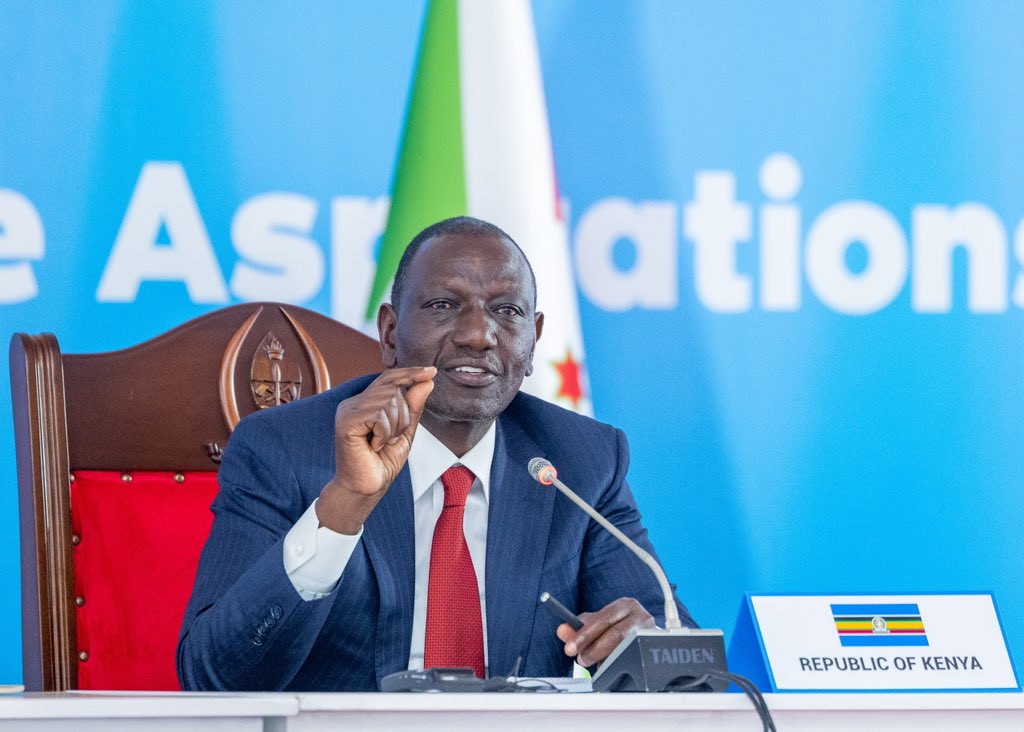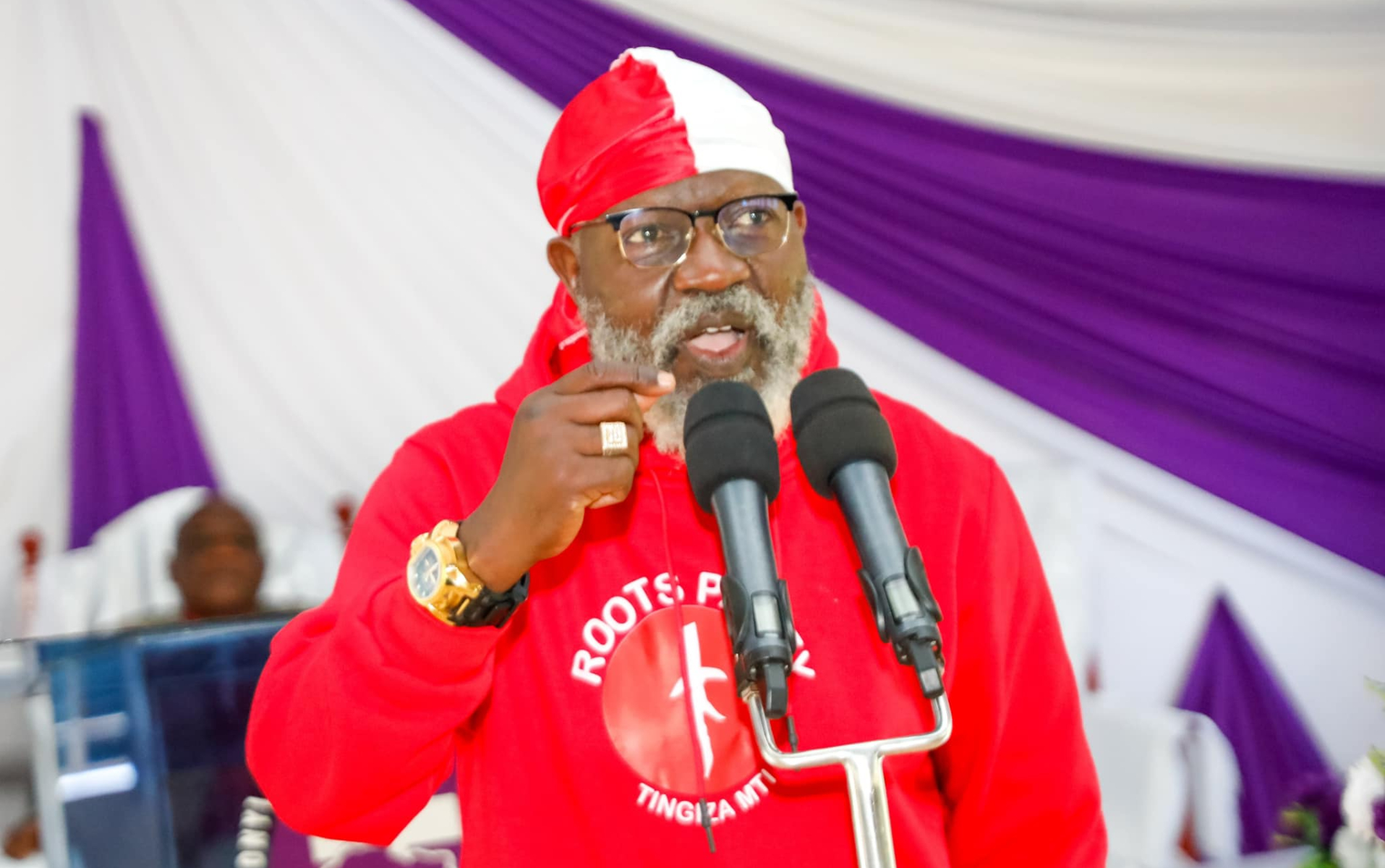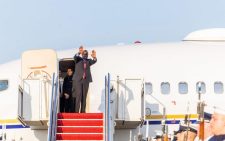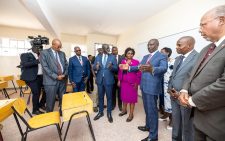Ruto announces transfer of remaining county roles from national govt

President William Ruto has announced the transfer of remaining county roles from the national government to the devolved units.
Ruto announced the move on Monday, December 16, 2024, after meeting the Inter-Governmental Relations Technical Committee (IGRTC), the agency mandated to establish frameworks for consultation and cooperation between the two levels of government.
“I now direct the committee to take the next step of systematically identifying and transferring the requisite budgetary and other resources tied to these functions in the next fiscal year,” Ruto said.
Ruto cited constraints within the national fiscal framework as one one the challenges facing devolution, which he said limits the national government’s ability to fully meet devolved units’ expectations for transfer of shareable revenue.
“This challenge cannot and should not be mistaken for a lack of commitment to devolution. Rather, it is a temporary difficulty arising from inherited fiscal vulnerabilities and the incomplete implementation of devolution,” Ruto said.
He called for harmonious inter-governmental relations to ensure effective and sustainable devolution, which is crucial for the success of the national socio-economic transformation agenda.
The President committed to consistent engagement with county governments and their leadership, both formally and informally, and consulting governors to align strategic agendas.
“While the two levels of government are distinct, they are also interdependent. Our relationship must, therefore, be built on consultation and cooperation,” he said.
Ruto also urged all ministries, departments and agencies at both levels of government to expedite dispute resolution by leveraging alternative resolution mechanisms.
“I am encouraged to note that many disputes are now being referred to the IGRTC for resolution, and I applaud their efforts in preventing disagreements from escalating into disputes,” he said.
Ruto also hailed the government’s food security programme, which is aimed at lowering the cost of living, creating jobs for youth on a larger scale and making deliberate investments in critical sectors to drive rapid and inclusive economic growth.











